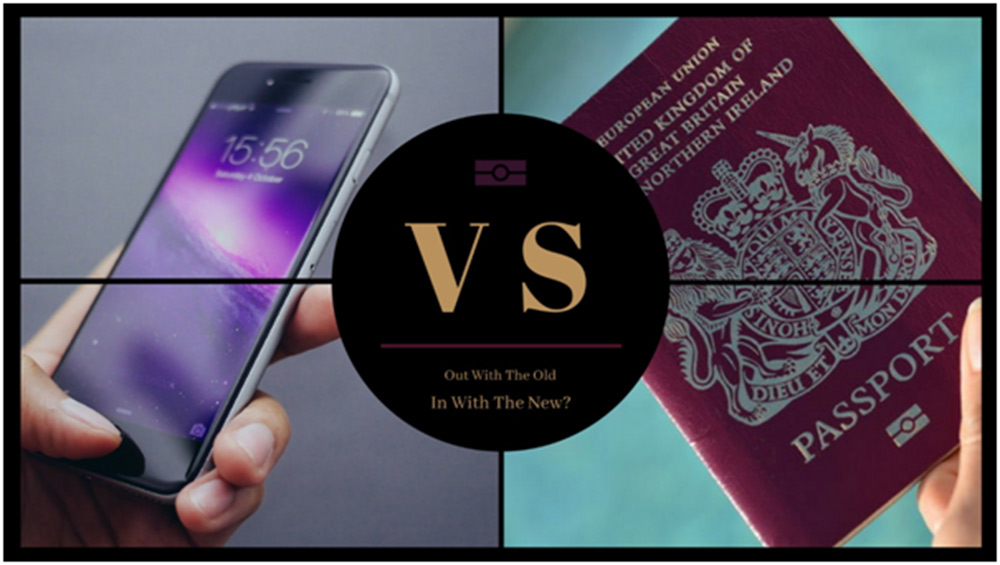August 17, 2018
The days of paper passports may well be numbered, as talks of implementing a new digital passport have been underway. With recent concerns surrounding the use of cyber warfare and the on-going question of how safe our online details really are, it’s understandable that for some, the prospect of such a huge shift could be daunting. But could Britain be falling behind the technological and social change as other countries embrace secure virtual ID documents?

Recent reports have found that the continued reliance on paper documents has had a noticeable contribution to the identity fraud epidemic in Britain and organisations are becoming increasingly aware that a transition from old to new could be of the essence. In the space of 6 years, the UK saw a 68% rise in identity theft crime, and if suitable action is not taken, there could be upwards of 1.5 million fraud cases by 2020. In recent months, suggestions have been floating around with many focusing on providing a safe and secure application to enable digital signatures, internet voting, digital driver’s license and passports to live all in one place. It is not yet clear as to how such an app would be developed and secured to an approved standard, however, it is thought that a combination of specific credentials will be requested, triggering the device to perform an authentication check, likely using a biometric security process. Apple, being one of the main advocates for this dynamic innovation have suggested that the current use of chips in the modern passports which store a range of data used by customs officials to ensure the ID and document holder match up, have the potential to transfer the essential information necessary to carry out similar identity checks.
Aside from the potential to revolutionise the way we travel, millions of UK citizens are currently unable to obtain a passport due to the price tag attached to it. Going digital would not only save time and resources, it could also grant numerous people the opportunity they’ve never been in a position to afford. The design for the new UK passport is part of a £490m government contract, supposedly planning to be put into effect following the separation from the European Union.
It seems that since the launch of the paper biometric passports in 2006, it has failed to impress the nation as an overwhelming amount of people have reported that the ‘improved’ system is faulty and had let them down. Apple have since expressed their ambition to put the hassle of current ways behind us, as they are heading adetermined approach to make a once unrealistic prospect a reality.
Despite the support and cooperation of multiple government agencies not yet confirmed and the need for extensive checks to approve that iPhones could serve as an effective passport replacement, it is inevitably a step in the right direction for the future of travel and security.
https://www.t3.com/news/this-is-how-the-new-iphone-could-replace-your-passport